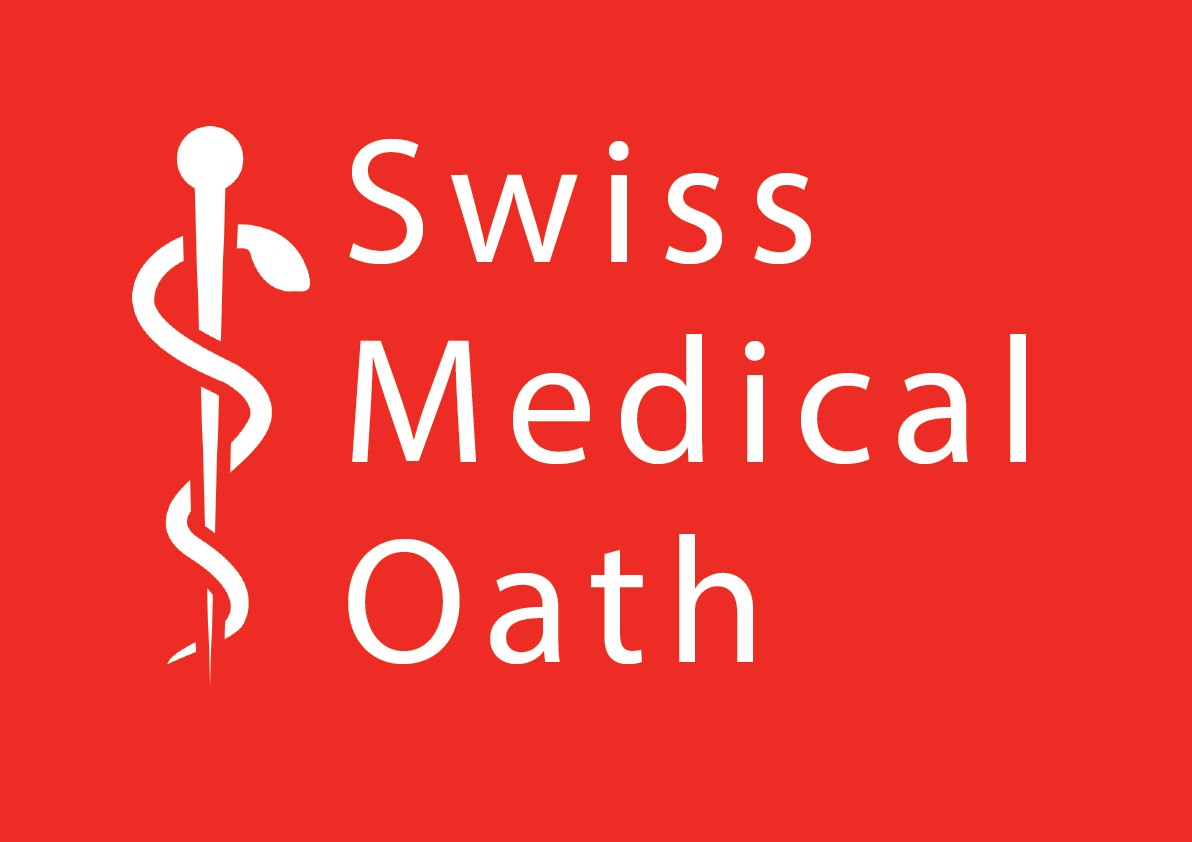Why do we need a new oath?
If you search for the world's most famous oath with a historical perspective, you will easily find what you are looking for. It is the "Oath of Hippocrates" that has shaped the actions (and omissions) of the medical profession for centuries. The World Medical Association's amended "Declaration of Geneva" (Chicago 2017) represents the most common oath formula today. More than any other profession, the medical profession moves along a highly sensitive boundary - along the boundary between health and disease, which is not infrequently a boundary between life and death. The awareness of the need to possess elementary moral principles in such a context has always been vividly present. In hardly any profession does the concept of "responsibility" have such everyday evidence as in the field of medical practice. Its traditional "honor" was not least connected with the obligation to act according to some fundamental moral principles. Profession and vocation - the vocation to help – are suffering; professionalism and humanity are forming the two sides of the coin.
In recent times, however, physicians rarely promise an oath. However, the "Oath of Hippocrates" was and is indeed in parts outdated. Additionally the "Declaration of Geneva of the World Medical Association" has a shadowy existence in practice. Although extremely elaborated and detailed professional guidelines exist - the necessity of which is undisputed - the knowledge of the core of the medical ethos - the ethos of helping - is hardly practiced any more. An act of solemn self-commitment to this ethos, as represented by someone who is taking an oath, was marginalized until recently. What happened to cause the medical oath tradition to be forgotten? Why had professional morality - the medical ethos - become a "dummy" (Niklas Luhmann)?
In the first instance, this has to do with a development in modernity called "professionalization". This takes place in an environment in which the traditional professions of helping have been reprogrammed: These have been subjected to criteria of increased efficiency and profitability, and thus to alignment with market-like processes. Where goods are produced, the market represents the appropriate milieu for these processes. But in medical professions, this transformation leaves deep traces: In the face of business expectations and political course-setting, the medical ethos seems increasingly meaningless, even powerless. Moral convictions and everyday practical constraints are beginning to erode. The often lamented loss of meaning of genuine medical practice in the face of the dictates of profit-oriented maxims is becoming apparent. Certainly, the health care system needs a solid economic basis, because without the latter, medical activity would have no stable foundation. But such a basis disappears just as soon as the primacy of business or private-sector activity begins to take root in the health care system. This has happened since a log time.
In this context, Niklas Luhmann's statement that "charity" now "takes the form of a referral" is by no means pathetic. The ethos of helping is in danger of being lost or constantly frustrated. The patient becomes an object of successful economic operation, the medical profession a factor of economic calculation and hoped-for prosperity. Trust in the independence of diagnosis and therapy is lost as soon as the suspicion arises that the genuine medical motive is contaminated with financial motives. This economization of the health care system must be resisted. Patients must be brought back into the center of the medical gaze and the priority of medical action must be defended in the face of monetary standards. It is necessary to regain lost trust and, last but not least, the joy of the profession.
The "Swiss Medical Oath" represents an important instrument for defending the medical ethos in today's circumstances of its increasing economic erosion. It strengthens the cohesion and solidarity of the medical profession. This oath should be considered as a moral constitution for physicians, stating the virtues essential to their profession. It represents a self-commitment in view of the ideals of the profession and incorporates those under oath into the community of medical oath colleagues.
